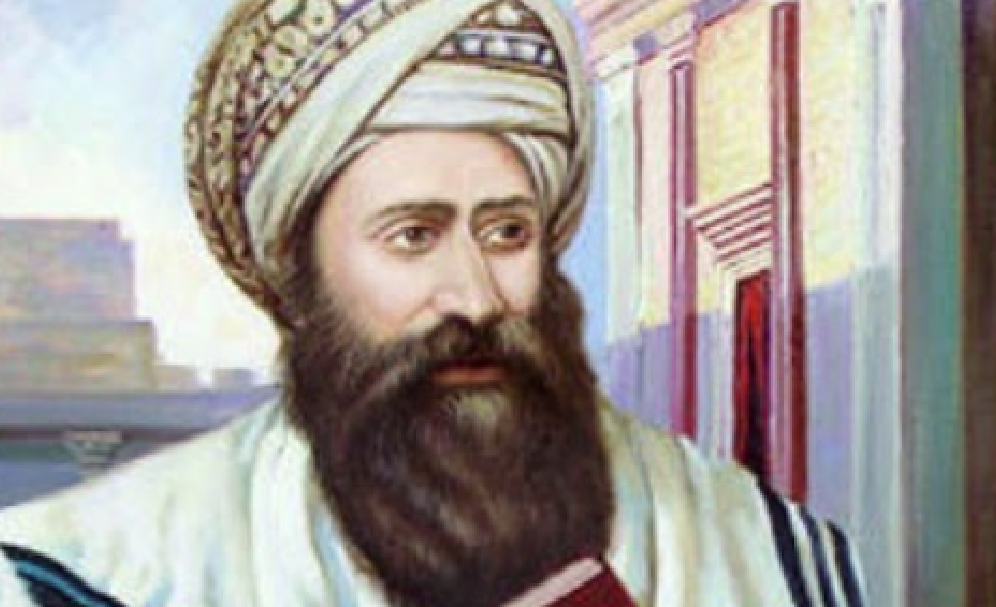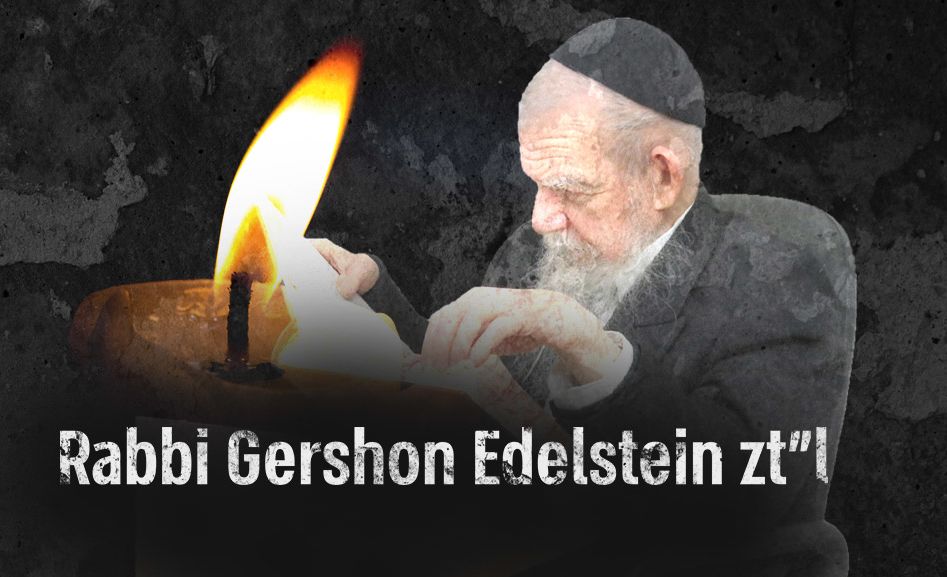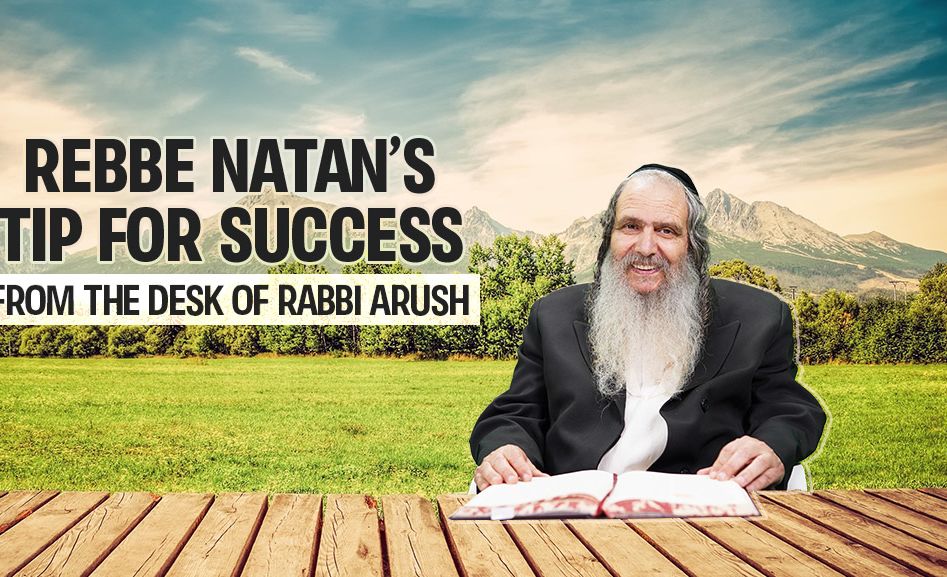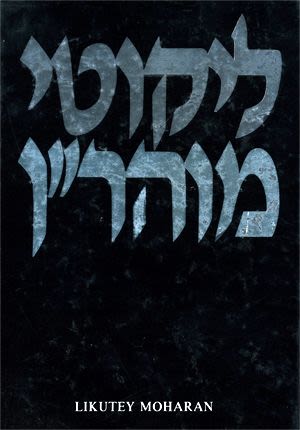
Noach – Find the Good Points
Noach gets a lot of criticism, but his virtues which saved him from the Flood can teach us some important principles in our stormy times…

Every year when we read commentary or discuss the Torah portion of Noach, he receives justified criticism for some major errors. At the same time, I think it’s important to accentuate his great virtues and accomplishments.
Noach is described by the Torah as a tzaddik, perfect in his generation. One view says that he was righteous only in relation to his own generation. Had he lived in the time of Moses or Samuel, he would not have been considered special at all.
According to another view, however, the above quoted passage is said in Noach's praise, implying that maintaining righteousness in such an evil and immoral climate was a phenomenal accomplishment. He would have been even greater had he lived in the time of Moses or Samuel with role models from whom to learn. This latter view is the one that’s always appealed to me.
How did Noach find grace in the eyes of Hashem? One reason was his emuna Hashem finds grace in those who believe in Him. This reason is alluded to in the verse, “Noach found favor ‘in the eyes’ of Hashem.” Noach always thought that he was standing before the eyes of Hashem and everything that occurred was from Him. This emuna evoked Divine compassion.
How was Noah able to withstand the prevailing environment of immorality and theft?
The Beit Avraham says that Noach had grace because he guarded his eyes. This too is alluded to in the verse with emphasis on the phrase “in the eyes.” This implies that Noach was careful with his eyes and therefore he received Divine favor. Our sages say that what the eyes see, the heart desires. By being careful to guard his eyes, Noach was able to avoid coveting personal relationships or property that was forbidden to him.
A little known fact is that Abraham personally knew Noach and benefitted from his teachings. He actually lived in the house of Noach and Shem for 39 years. Noach passed away when Abraham was age 58, the same Gematria (numerical value) as the name Noach.
We also need to acknowledge his mistakes. Noach is criticized because he did not pray for his contemporaries. I read that this is because he thought they were incorrigible and that Hashem would not listen to their prayers. Nevertheless, he should have prayed because there is no person so lowly or hopeless that he or she cannot receive Divine mercy via prayer. He simply didn’t believe enough in G-d’s endless mercy.
Even if Hashem had not answered these prayers favorably, there would have been enormous merit generated for Noach and his descendants. This happened when Abraham prayed for the citizens of Sodom and Gomorrah. From this we learn that there is never despair and we should always believe in the power of our prayers. You can bet that Noach taught this lesson from his experience when was teaching the young Abraham.
Noach is also criticized for planting grapevines and getting drunk instead of attending to higher priorities. There were windows in the ark designed to let in light and at the same time enable the occupants to witness the devastation of humanity so they wouldn’t become insensitive or callous. This must have filled Noach with a profound sense of grief and sadness and he decided to drown his sorrows. This was certainly a major error. This shows how harmful it is to make decisions when we are sad. We must work to reverse a negative spiral as soon as possible. Rabbi Arush says we should avoid sadness like the bubonic plague.
The Torah does not cover up shortcomings of even the greatest people. These are not presented to us so that we should criticize and condemn the Tzaddikim, Heaven forbid. Rather we should learn from their mistakes. The Torah narratives are not just stories. The Torah relates these accounts to give us guidance on how we should live.
Just as one person, Noach, literally saved the world and humanity so too the individual service of each Jew in Torah and mitzvot hastens the future Redemption. Over two hundred years ago Rebbe Nachman predicted that our last generation before Moshiach would be inundated by a wave of atheism and immorality. Like Noach we have to stand tall and resist the sick and twisted hedonism of our times. Noach shows that one person can make all the difference in the world, and can indeed stand against it all. We can’t let ourselves become complacent saying, “It’s just too hard.” It is hard, but with desire and effort, we can succeed – just like Noach did.
Rabbi Meir says in Gemara Yoma that one person doing teshuva can bring forgiveness to the entire world. In the merit of our standing tall with emuna may the world be spared the upheavals and tribulations that may otherwise be associated with the coming of Moshiach and may we soon welcome the full redemption our people and the world with rejoicing, singing, and dancing.










